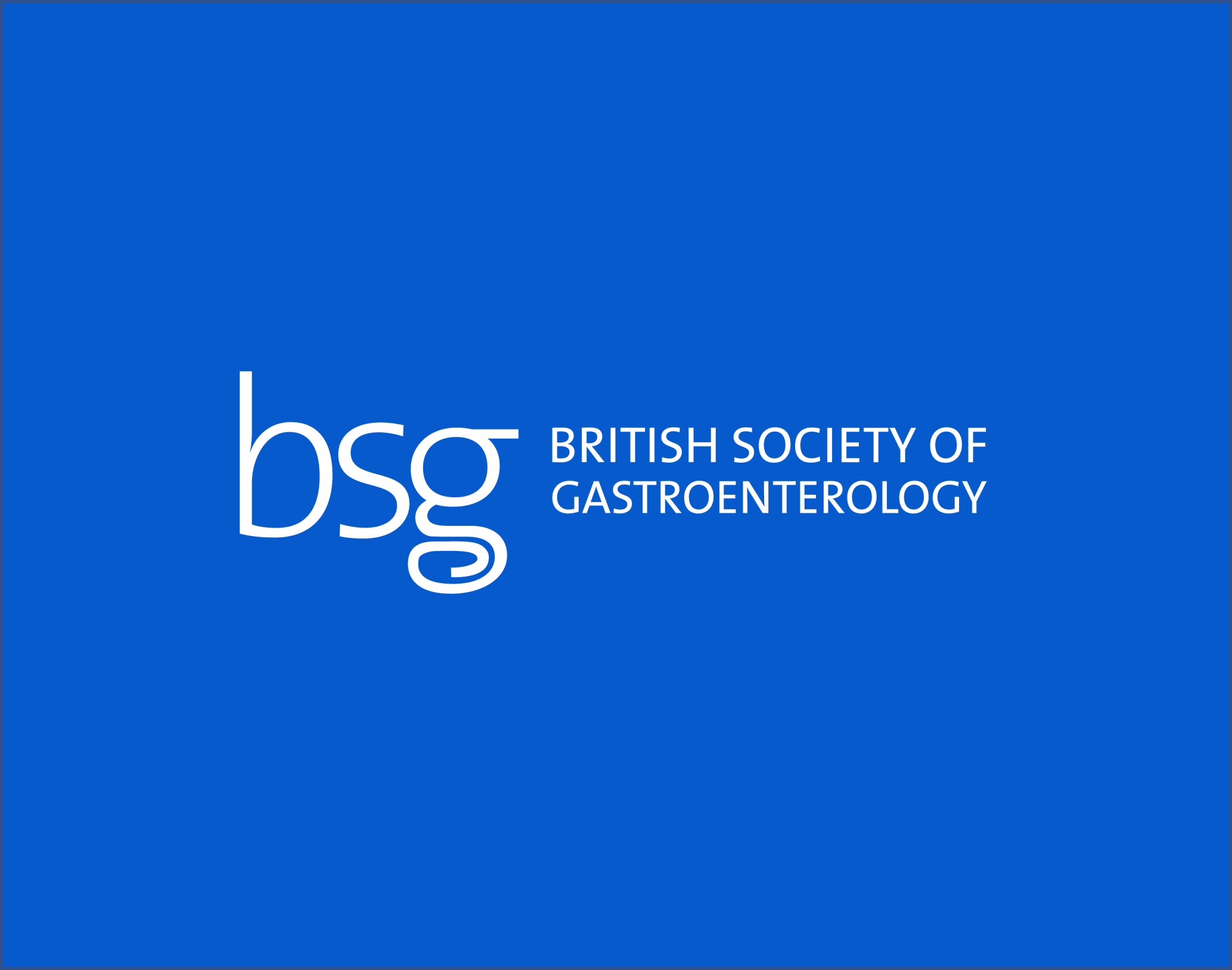
Endoscopic Retrograde Cholangiopancreatography (ERCP) services across the UK
Message
A large national survey of Endoscopic Retrograde Cholangiopancreatography (ERCP) practitioners and units, including organisational characteristics, revealed the persistence of low-volume practitioners and units, as well as an older, male-dominated workforce with high anticipated retirement rates. Referrals from other units were accepted by 37%, yet many of these units still lack endoscopic ultrasound (EUS), access to multidisciplinary team (MDT) discussions, anaesthesia support or adequate procedure volumes. Using a 36-point scoring system across four domains, we observed widespread deviation from best practice in parameters likely to affect patient outcomes. Higher scores, indicating better practice, were associated with higher-volume units. These findings support the need for a review of ERCP service delivery and workforce development in the UK, with a focus on developing higher volume units and improved access to EUS, MDT working and provision of deep sedation or general anaesthesia.
In more detail
ERCP is one of the highest-risk routine endoscopic procedures.1 2 In 2014, the British Society of Gastroenterology (BSG) published a framework of Key Performance Indicators for ERCP practitioners.3 However, implementation has been slow. Recent data from the Getting It Right First Time review and UK Hospital Episode Statistics show significant variation in resources and outcomes, though the extent of this variation remains unclear.4 5
As part of the BSG ERCP Quality Improvement Project, a UK-wide survey was conducted between 2022 and 2023. Methods and selected findings used to inform service standards have been published. All independent ERCP practitioners and ERCP endoscopy units (National Health Service and private) were invited to complete surveys. Invitations were emailed with anonymised responses collected via electronic links. There is no national database of ERCP practitioners or units in the UK. Sampling therefore used various national and local sources along with snowball recruitment. Non-responders received email reminders and follow-ups from the Project Group (PG). This report presents a detailed analysis of previously unreported closed-question responses on practitioner demographics and ERCP service delivery.
All organisational survey questions potentially related to ERCP service quality were reviewed. Through an iterative process by the PG, 36 were selected for further analysis and a weighted scoring system was developed (range 0–36 points), based on alignment with ‘best practice’, as judged by the PG. The scores were then further grouped into four quality domains: Clinical Processes and Pathways (range 0–11), Access (range 0–7), Governance, Safety and Audit (range 0–10) and Facilities and Resources (range 0–8). Scores were summed within each domain to generate a total score per unit. For sensitivity analysis, seven questions—either new, of uncertain value or tied to difficult-to-implement structural changes—were excluded (see online supplemental table 1). Tertiles of the total score were created for each domain, and the percentages of units scoring at or below/above the tertile cut-off points were calculated. Comparisons of mean scores by unit characteristics were performed using analysis of variance, between categorical variables using χ2 test and unit scores across the four quality domains using Spearman’s correlation statistic.

Update on the UK 2022 Acute Upper Gastrointestinal Bleeding (AUGIB) Audit
The UK 2022 Acute Upper Gastrointestinal Bleeding (AUGIB) Audit highlights significant advancements in the management and organisational practices of AUGIB across UK hospitals since the last national audit in 2007.

Endoscopic Retrograde Cholangiopancreatography (ERCP) services across the UK
A large national survey of Endoscopic Retrograde Cholangiopancreatography (ERCP) practitioners and units, including organisational characteristics, revealed the persistence of low-volume practitioners and units, as well as an older, male-dominated workforce with high anticipated retirement rates.